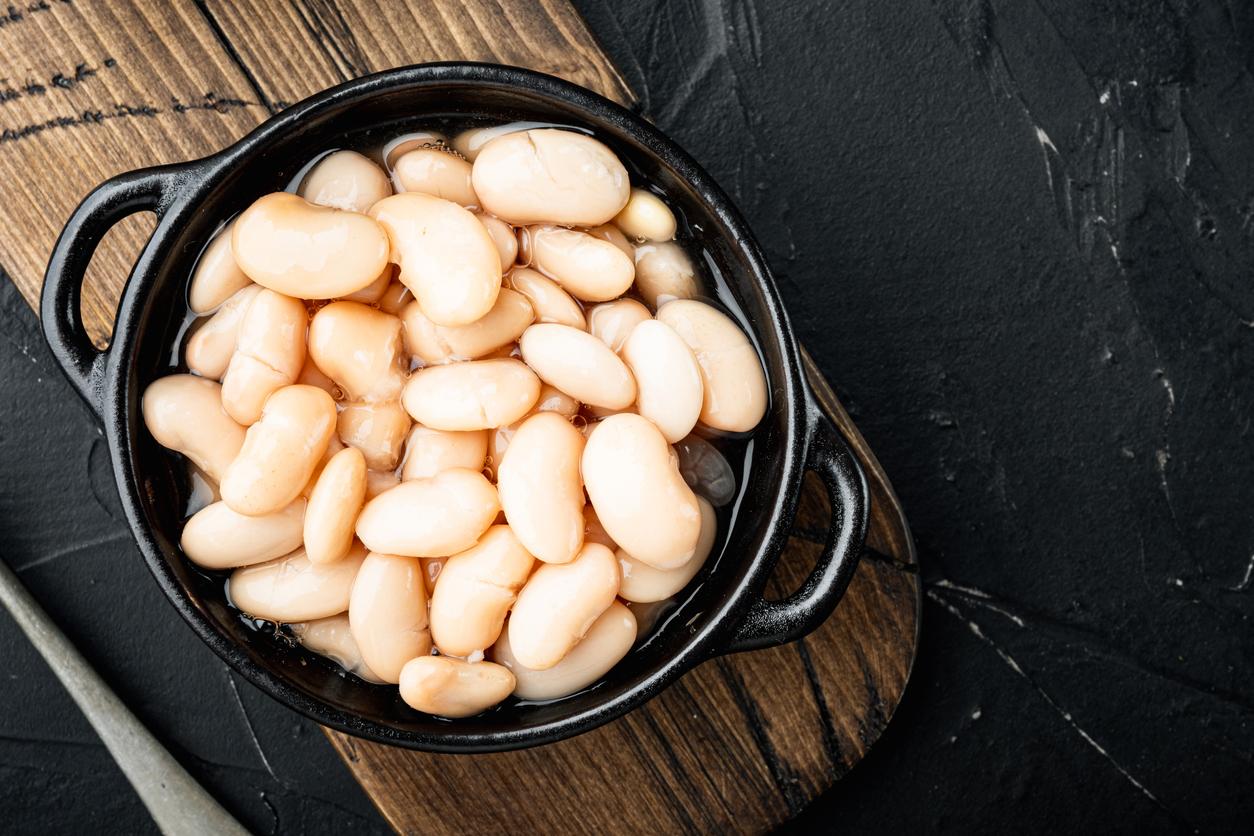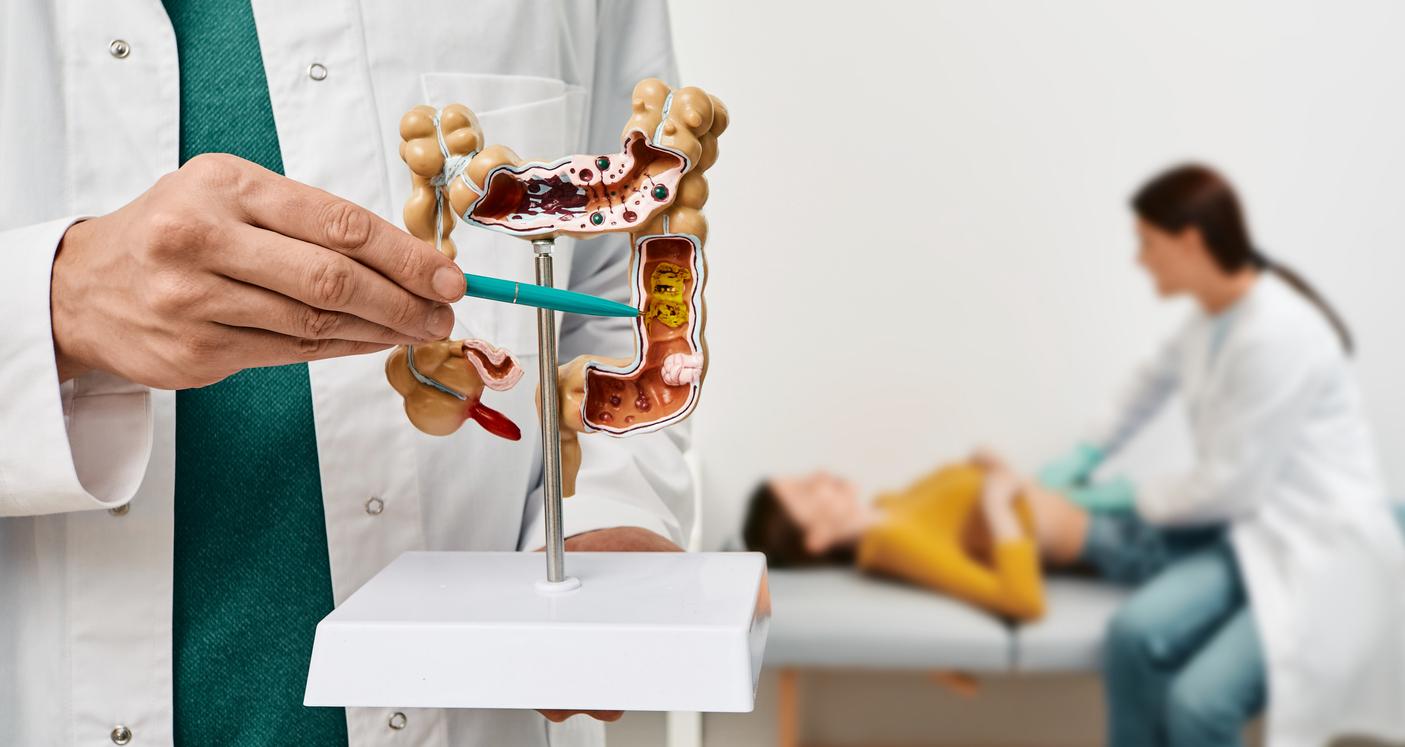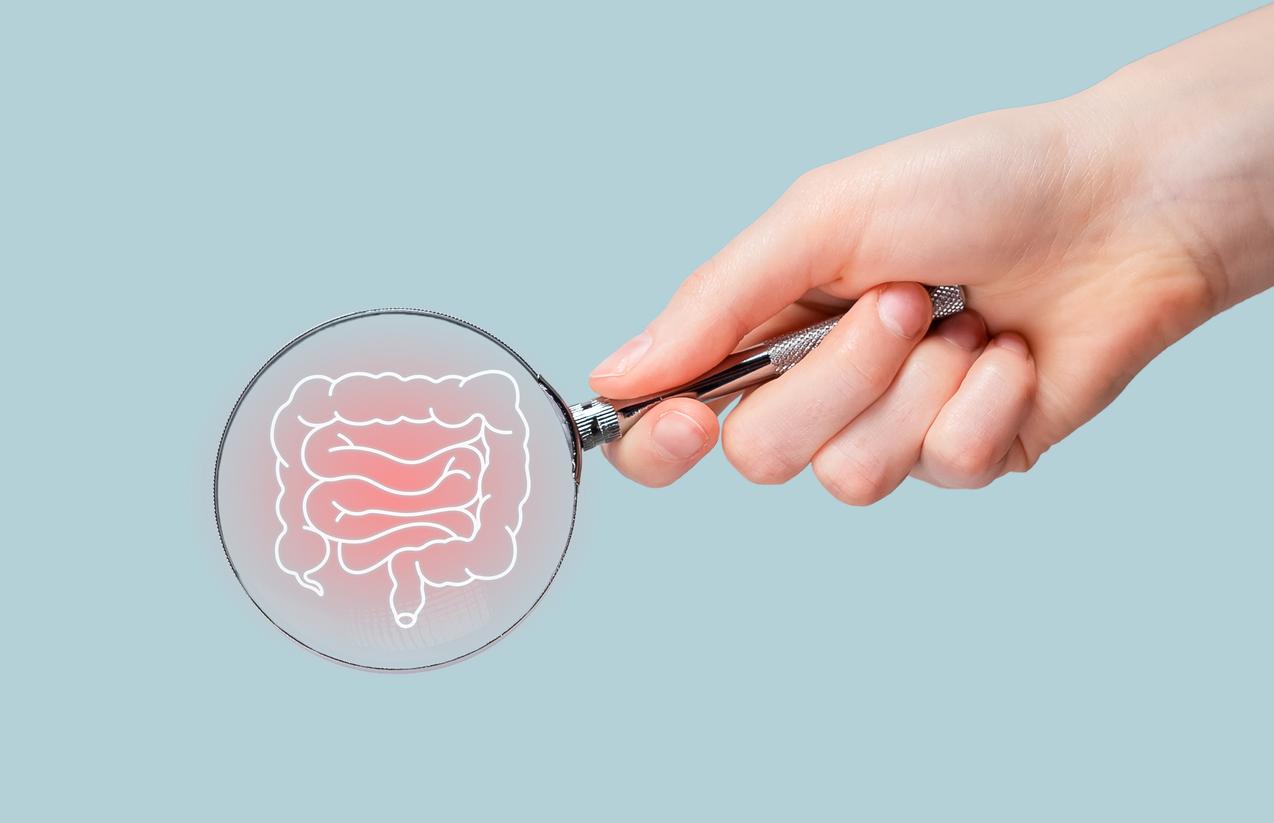According to a new study, inhibiting certain receptors on the surface of the intestine could significantly reduce inflammation in Crohn’s patients. Ultimately, this discovery could make it possible to develop a more effective treatment than those currently proposed.

Cases of Crohn’s disease are increasing every year in European countries. Currently, there are 120,000 people officially concerned in France. This autoimmune disease causing chronic inflammation of the intestine affects both sexes and is usually discovered between the ages of 15 and 30. Very disabling, it is characterized by the following symptoms: diarrhea that is sometimes abundant and watery, with possible loss of blood and mucus or pus in the stool. This diarrhea is most often accompanied by terrible abdominal pain. When the anus is affected, fissures, abscesses and fistulas can occur. The patient may also complain of fever, weight loss and great fatigue.
However, the symptoms being quite vague and similar to those of many other diseases, the diagnosis often takes a long time. Once established, the sufferer is prescribed medication to reduce inflammation sometimes accompanied by specific dietary recommendations to try to reduce pain and replace lost nutrients. But these treatments are rarely completely effective: at present, only 10% of patients followed for Crohn’s recover completely. That’s why scientists are still looking for a targeted treatment.
A new study recently published in the journal Cellular and Molecular Gastroenterology and Hepatology could now be a game changer. Indeed, researchers at the University of Cleveland Medical Center in the United States have discovered that inhibiting receptors on the surface of the intestine could greatly reduce inflammation in patients.
A study on genetically modified mice
Tumor necrosis factor protein – or weak apoptosis-inducing tumor necrosis factor (TWEAK) – interacts with receptors called Fn14 on the surface of the gut. The researchers used genetically modified mice with Crohn’s disease to study the interactions between the two. They deleted the Fn14 receptors in some of the rodents and were then able to see that these suffered from less severe pain while the others continued to suffer from chronic inflammation.
“During early inflammation, TWEAK/Fn14 activates to heal tissue damage,” says Dr. Cominelli who conducted the study. “However, later chronic inflammation as well as increased and persistent levels of Fn14 can lead to pathological inflammation and fibrosis,” he continues.
Based on these results, the researchers wanted to test their theory on humans. They then used molecular diagnostics to examine the intestinal tissues of people with Crohn’s and others. They thus discovered that the interaction between TWEAK and Fn14 was stronger in patients.
An impact on colorectal cancer
So if a way were found to block Fn14 with drugs, it could make a major difference in the impact of the disease on the human body, improving inflammation and reducing the pain that comes with it.
Ultimately, this discovery could also have an impact on colorectal cancer. Indeed, patients with Crohn’s or suffering from chronic inflammation are more likely to develop this disease (45,000 new cases per year in France). “This research establishes the rationale for innovative therapies that can improve and save lives,” said Cominelli.
In June, researchers had already announced that they had found a solution to treat people with Crohn’s. According to their study published in the magazine Nutrients, a plant-based diet could lead to a total disappearance of the symptoms of the disease. “This case study supports the idea that diet is a treatment in itself. all side effects are positive. Among them are reduced risks of developing heart disease, type 2 diabetes and certain types of cancers.

.














